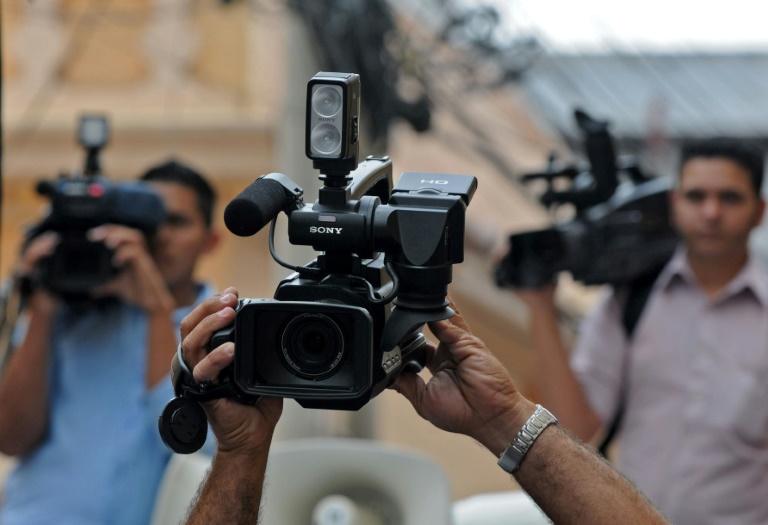Media watchdog group Reporters Without Borders warned of declining government support for press freedom as it unveiled its annual world rankings on Friday, highlighting Argentina among the countries where the situation has deteriorated.
Norway retained its top position, while Eritrea came last, taking over from last year’s lowest-ranked country, North Korea.
Among the most significant declines were Afghanistan, (which fell 26 places to 178th), Togo (down 43 to 113th) and Ecuador (down 30 to 110th).
The bottom 10 includes China, Iran, North Korea, Syria and Eritrea.
But the watchdog, known by its French acronym RSF, warned that politicians across a wide range of countries were targeting the media.
“Some political groups fuel hatred and distrust of journalists by insulting them, discrediting them, and threatening them,” the press watchdog said. “Others are orchestrating a takeover of the media ecosystem.”
It singled out Argentina under newly elected President Javier Milei, down 26 places to 66th, saying his decision to shutter the public press agency Telam was a “worrisome symbolic act”.
It also highlighted Italy under Prime Minister Giorgia Meloni, where a member of her coalition is trying to acquire news agency AGI.
Respondents in three-quarters of countries (138) reported to RSF that political actors were often involved in disinformation and propaganda, and that this was systematic in 31 countries.
RSF said there was “spectacular mimicry of Russian repressive methods” across Eastern Europe and Central Asia, stretching as far as Serbia, “where pro-government media carry Russian propaganda and the authorities threaten exiled Russian journalists”.
The most challenging regions remained the Middle East and North Africa, where the situation was “very serious” in nearly half of countries, and Qatar became the only country where the situation is not classified either as “difficult” or “very serious.”
Now in its 22nd year, the report is based on data collected by RSF about abuses against journalists, and questionnaires sent to professionals, researchers and rights defenders.
reb/er/yad
